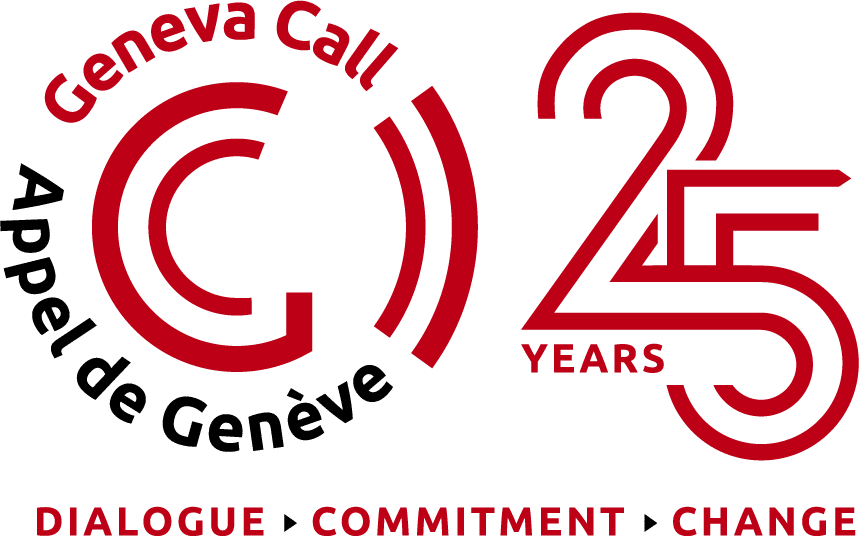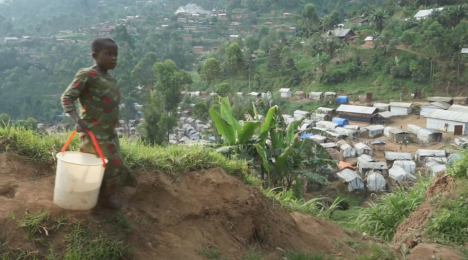Democratic Republic of the Congo
Thematic: Humanitarian Norms – Child Protection – Protection of Education – Famine – Gender – Medical Care – Displacement
The security situation in eastern DRC remains dynamic and evolving, with recurrent armed conflicts having a considerable humanitarian impact in the provinces of North Kivu and Ituri. Violence continues to escalate as a result of the M23 crisis, ADF attacks, and inter-community violence.
A new dynamic has been noticed among the armed groups and de facto authorities (AGDAs), reflected in their solidarity with the FARDC against the M23. In December 2022, the Congolese parliament passed a law authorizing the creation of a reserve army brigade to give AGDA members an opportunity to join the army. In a way, this law contradicted the idea of the PDDCRS program and the Nairobi process, which support the demobilization and community integration of all members of armed groups, including those of the M23. A new phenomenon called “Wazalendo”, meaning “Patriot,” emerged in the political sphere of the DRC, with an induced effect on the general mobilization of young people and the creation of several popular self-defense groups.
Against this backdrop of a soaring number of weapons and armed individuals, several violations of IHL – related to child recruitment, gender-based violence, food insecurity, forced displacement, arbitrary detentions, and humanitarian access among others – have been reported. Despite the efforts made at various levels, and in addition to the increased need to protect civilians, humanitarian access and the fight against sexual and gender-based violence in the AGDAs zones still represent protection challenges, while the humanitarian needs recorded in these zones continue to grow. The multiplicity of taxes, with all the corollaries that go with thousands of violations of IHL, have particularly affected women and children, as well as thousands of internally displaced people living in camps and with host families.
Geneva Call’s activities in the DRC
Engagement with AGDAs
• Humanitarian dialogue with armed groups and de facto authorities (AGDAs).
• Awareness-raising and training sessions for AGDAs to increase their knowledge of IHL.
• Issuing IHL compliance agreements with AGDAs (unilateral declarations, Deeds of Commitment, revised codes of conduct, and internal regulations), and monitoring their implementation and compliance.
• Advocacy efforts targeted at AGDAs to change behavior and increase respect for IHL and the protection of civilians.
• Inter-community humanitarian dialogue, as well as dialogue between communities (CSOs, leaders) and AGDAs to promote stabilization and local peace initiatives.
Engagement with CSOs and community leaders
• Raising awareness, training, and engaging communities affected by conflict (opinion leaders, civil society, social groups, religious leaders, journalists, women’s groups, etc.).
• Supporting CSOs and communities in setting up self-protection mechanisms and in their ability to advocate respect for IHL to AGDAs.
• Organizing media campaigns and producing awareness and communication tools.
• Coordinate and collaborate with other humanitarian partners and the state security forces (FARDC, PNC, etc.) in promoting IHL among the population of the Democratic Republic of the Congo.
KEY DATA
13 politico-military groups engaged in North Kivu.
4 tribal-ethnic groups in Ituri
Read our Annual Report to learn more about our work in the Democratic Republic of the Congo in 2024.
Contact information:
Roch Souabedet – COUNTRY DIRECTOR
rsouabedet@genevacall.org

